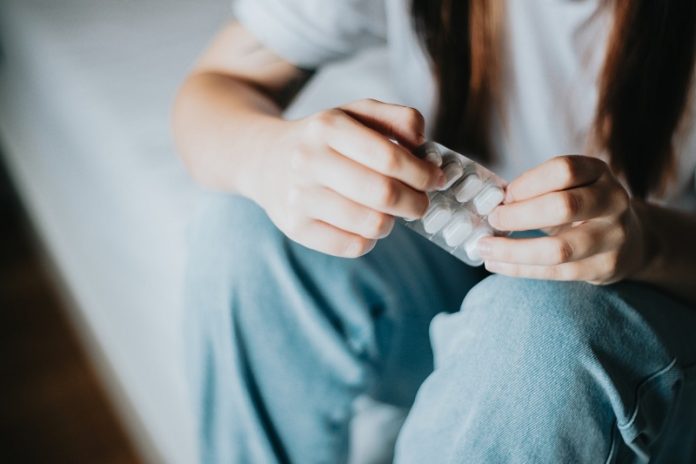
In a study from New York University, scientists found the death of a loved one, financial or food insecurity, or a newly developed disability were some of the strongest predictors of whether a patient hospitalized for COVID-19 would experience symptoms of long COVID a year later.
They found that adult patients with such “major life stressors”—present in more than 50% of those followed—were at least twice as likely to struggle with depression, brain fog, fatigue, sleep problems, and other long-term COVID-19 symptoms.
The analysis also confirmed the contribution of traditional factors to greater long COVID risk as shown by past studies—older age, disability level to start with, and a more severe initial case of COVID-19.
This study is unique in that it explores the impact of life stressors—along with demographic trends and neurological events—as predictors of long-term cognitive and functional disabilities that affected the quality of life in a large population.
Therapies that lessen the trauma of the most stress-inducing life events need to be a central part of treatment for long COVID, with more research needed to validate the best approaches.
In the study, the team used standard telephone survey tools in the field to measure the level of daily function, clear thinking (cognition), anxiety, depression, fatigue and sleep quality.
The team attempted follow-up with each of the 790 people six months and a year after COVID-19 hospitalization within NYU Langone Health between March 10, 2020, and May 20, 2020.
Of these surviving patients, 451 (57%) completed 6-month and/or 12-month follow-ups, and of them, 17% died between discharge and 12-month follow-ups and 51% reported strong life stressors at 12 months.
In analyses that compared factors against each other for their contribution to worse outcomes, life stressors including financial insecurity, food insecurity, death of close contact, and new disability were the strongest independent predictors of prolonged COVID-19 symptoms.
These same stressors also best predicted worse functional status, depression, fatigue, sleep scores, and reduced ability to participate in activities of daily living such as feeding, dressing, and bathing.
Gender was also a contributor, as past studies have found that women are more susceptible in general too—for instance—autoimmune diseases that could have an impact on outcomes.
Additionally, undiagnosed mood disorders may have been unmasked by pandemic-related stressors.
If you care about COVID, please read studies about how vitamin B may help fight COVID-19, and new therapy from bananas may help treat COVID-19.
For more information about COVID, please see recent studies about new evidence on rare blood clots after COVID-19 vaccination, and results showing scientists find inexpensive, readily available drugs that may treat COVID-19.
The study was conducted by Jennifer A. Frontera et al and published in the Journal of the Neurological Sciences.
Copyright © 2022 Knowridge Science Report. All rights reserved.



